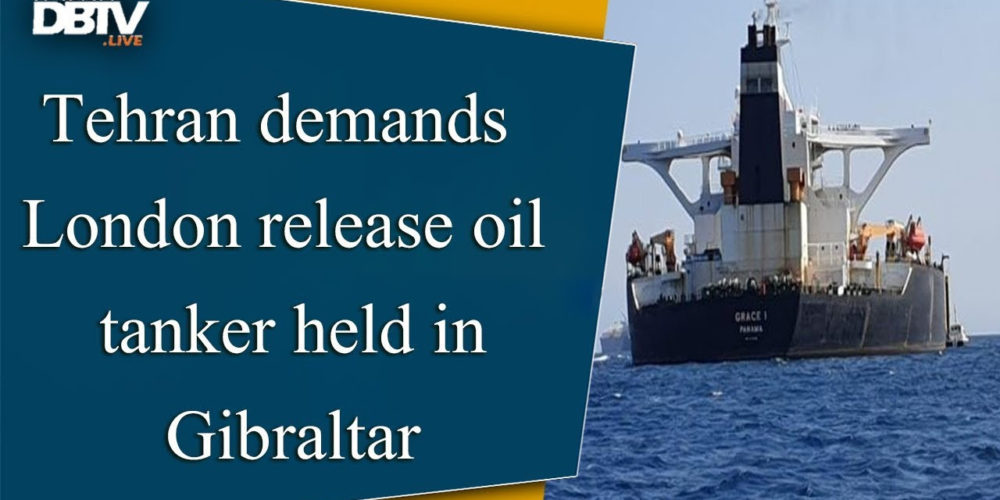In mid-July the British military detained an oil tanker, the Grace I, carrying crude oil from Iran as it was heading to Syria.
The British navy hijacked the tanker in the Strait of Gibraltar, where there is a small British colony on territory that is part of Spain—a relic of the former British Empire. In late July the British announced that they would be holding the Grace I for one more month.
The Strait of Gibraltar is the only entry and exit point between the Mediterranean Sea and the Atlantic Ocean and therefore of huge strategic importance to imperialism. It is what military strategists and global shipping conglomerates call a “choke point”: it is the only way these giant oil tankers can enter and leave the Mediterranean, which is bordered by twenty-one countries, as well as all shipping out of the Black Sea, bordered by a further five countries, which need access to the Atlantic through the Mediterranean. As a consequence, a very high proportion of the world’s oil supplies are shipped through the Strait of Hormuz.
The British continue to occupy Gibraltar because it is of extreme strategic importance to NATO and to imperialism. By detaining the Grace I at the behest of John Bolton, the US national security adviser, they draw the British state into America’s anti-Iran strategy.
The Trump regime unilaterally abandoned the Joint Comprehensive Plan of Action, a nuclear agreement made with Iran in 2015, which is the trigger for the continuing crisis in that region. The JCPA was signed by many countries, not only the United States, and only after years of negotiation.
The European Union, including Britain, is not in favour—in public at least—of tearing up the nuclear agreement. The Trump-Bolton strategy is to exert “maximum pressure,” involving punitive sanctions and an oil embargo, against the Iranian government.
The Grace I was carrying 300,000 tons of Iranian crude oil to the Syrian oil refinery at Banias. The sanctions on Syria are part of US strategy in the Middle East and are against international law. The British appear to have forgotten that the Iranians control an equally important choke point, the Strait of Hormuz, which between fifteen and thirty British-flagged oil tankers pass through each day.
In retaliation, Iran has detained a British tanker, thereby creating a new situation, whereby Iran has been forced to assert its power to protect its strategic interests. Not alone could this situation result in another war in the Middle East but it is having an impact economically, with shipping insurance premiums going up, which will have a knock-on effect in the form increased oil prices.
It is inevitable that oil prices are going to rise. Countries that are dependent on oil imports (the United States is self-sufficient in oil) are going to suffer, especially those that have closed down their coal mines and their thermal power stations. The price of petrol and diesel fuel for cars and other vehicles, as well as electricity and gas, will increase.
The JCPA took many years to negotiate. The set of relationships that depend upon it are complex and worldwide in scope. The unilateral abandoning of the JCPA treaty will have an impact on everyone’s life; but this would pale into insignificance compared with the massive loss of life if war erupts again in that region.
The United States will stop at nothing to reassert its global dominance in its effort to reverse what is now an unstoppable decline as the major imperialist economic power. It increasingly asserts its power by means of its overwhelming military force.
As imperialism declines, the question facing humanity is whether the planet, and therefore human existence, can survive the assault on the natural world by monopoly capitalism in its constant drive for new resources, new markets and massive profits and the growing military expansion to protect those resources and profits.






